Both are popular supplements, but collagen peptides vs whey protein - what's the difference? Find out in this helpful and in-depth article!
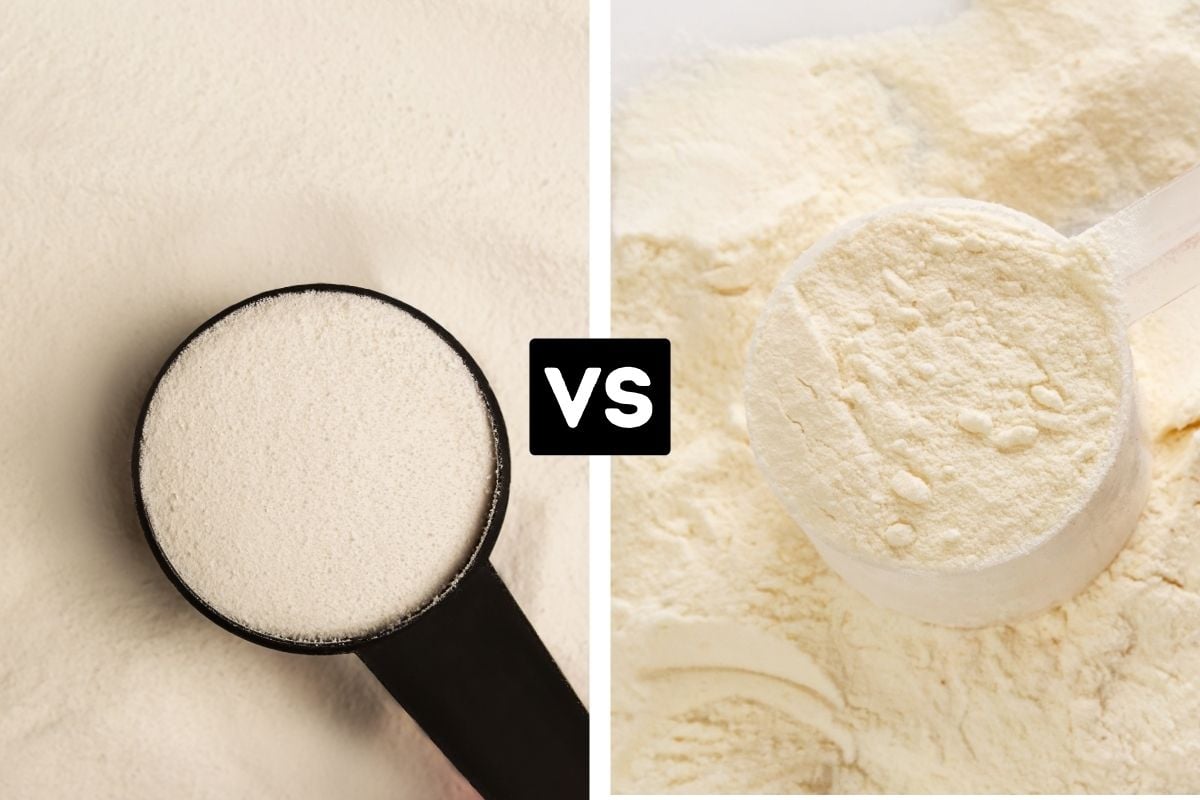
Want to save this recipe?
Enter your email below & we'll send it straight to your inbox. Plus you'll get fun new recipes from us every week!
Quick Answer
Collagen peptides offer 9-24 grams of protein and are derived from cow hide making it dairy-free while whey protein is derived from the cheese-making process. Both are good options for adding more protein to your diet and both can be used for baking. They both have their advantages and disadvantages so read on to find out which one is the better option for you!
Below is a quick comparison chart between Orgain Unflavored Collagen Peptides (25oz) and IsoPure Unflavored Whey Protein Isolate (16oz)
| Collagen Peptides | Whey Protein | |
|---|---|---|
| Average Price (per ounce) | 1.68$ | 2.12$ |
| Serving Size | 21g | 29g |
| Protein (per serving) | 19g | 25g |
| Calories (per gram of protein) | 4g | 4g |
| Source | Marine & Bovine (cow) | A byproduct of cheese-making |
| Allergy Information | Dairy and soy-Free | Contains milk and soy |
| Does it contain all 9 essential amino acids? | Yes | Yes |
| Solubility | Dissolve easily into water without notice | Dissolves in water but makes it creamy |
| Can you bake with it? | Yes | Yes |
| Can you cook with it? | Yes | No |
What are collagen peptides?
First, collagen peptides refer to collagen that is broken down through a process called “hydrolysis” while collagen is the whole protein. Most supplements are collagen peptides because bodies can’t absorb whole collagen, only the broken-down peptides.
Collagen is a fibrous, structural protein that is found in all mammals and some fish. It’s most often found in connective tissues and the word “collagen” is derived from the Greek word for glue, so it makes sense!
The human body contains a lot of collagen, this much to be exact:
- 30% of all protein in collagen
- 65-80% of proteins in ligaments are collagen
- 70% of proteins in tendons are collagen
- 60% of proteins in bones are collagen
Because collagen is responsible for holding everything together, it’s important for hair, skin, gut health, and nails (just to name a few), and offers a significant amount of protein. It contains 19 amino acids and 8 essential amino acids, all of which play vital roles in improving overall health and strength.

Where do collagen peptides come from?
As discussed, collagen is in many animals. So, supplements are derived from the collagen in animals, typically beef. This means that while it’s dairy-free it's never vegan.
The specific parts of the animal used are usually the hides and connective tissues. This might sound off-putting but they have the highest concentration of collagen and it promotes sustainable farming practices because it allows farmers to use and sell the whole animal.
It should be noted that collagen peptide supplements are not regulated by the FDA and thus not required to complete the same randomized trials.
Different kinds of collagen
While most collagen comes from cows, there are some other kidneys out there. Collagen in general, has 3 different types: Type 1, Type 2, and Type 3. Type 1 is the main one found in hair, skin, and nails, Type 2 is found in cartilage, and Type 3 is found in bone marrow and helps the muscles and organs.
Between the different collagen peptides on the market, there is a varying amount of each type of collagen in them. Here are the two common ones and how they differ:
- Bovine collagen: derived from cow’s and higher in Type 2 collagen
- Marine collagen: derived from fish and higher in Type 1 collagen

Nutrition Information
When eaten, collagen peptides are broken down into amino acids. These amino acids are inherently good for you but they can also be found in many other ingredients. But a serving of collagen peptides (because it is a protein) contains anywhere from 9-24 grams of protein.
The advantage to this is that collagen peptides are already broken down so your body can absorb them quickly. Research has found that the hydrolysis of collagen was associated with an enhanced absorption rate of collagen’s main amino acids (proline, hydroxyproline, and glycine) 20 minutes post-ingestion. It also helps to maintain a positive nitrogen balance which helps muscle recovery.
It should be noted that since collagen peptide production is not regulated, the nutritional claims many companies make are a guess, at best. There is no question that the additional protein is good for you and some early studies make a connection between collagen supplements and improved joint function.
The main point is that you can’t determine where collagen peptides will be used in your body. Your body will absorb them and direct them to wherever they are needed most which could be as collagen or as protein. Both are good but it may not be the outcome you were after.
Uses for collagen peptides
Collagen peptides can be mixed into just about anything, from drinks to eggs to cakes. The uses are pretty much unlimited when using unflavored because it dissolves so well.
Some of my favorite ways to use collagen are in smoothies, in oatmeal, and in my morning matcha latte. There are also flavored ones that can be used almost as coffee creamer in chocolate and vanilla flavors.

Can you bake and cook with collagen peptides?
In my cooking experience, I regard collagen peptides as the best option for cooking and baking. This is especially true if you aren’t familiar with cooking or baking with protein powder.
Collagen peptides can be added to any recipe. It can make up about 20% of the overall at the high-end of quantities. For cooking, you can mix a serving or two into any sauces, eggs, or pancakes.
This versatility makes it good for adding a little more protein to things like lemon bars, biscuits, or cinnamon rolls whose texture would be completely ruined with protein powder. I will note that in yeasted doughs (like the cinnamon rolls), you can only go up to about 10% collagen peptides to flour ratio before the dough becomes too elastic.
Recipes using collagen
What is whey protein?
Whey protein is a supplement made from the byproduct of making cheese. Milk is made up of two proteins, the casein and the whey. And when the casein is removed for cheese, what’s left is the whey.
It's made by spraying the watery liquid filtered out from the cheese production that’s then dried. This process removes most of the lactose making it a good option for those who are sensitive to it or with a lactose intolerance. It should be noted that it is not dairy-free though so it’s not safe for those who have a dairy allergy.
Whey also contains all 9 essential amino acids making it a complete protein source. And since it's low in fat, it's often the top choice for those looking to add more protein to their diet. It can be found in nearly any flavor you can think of and in unflavored.
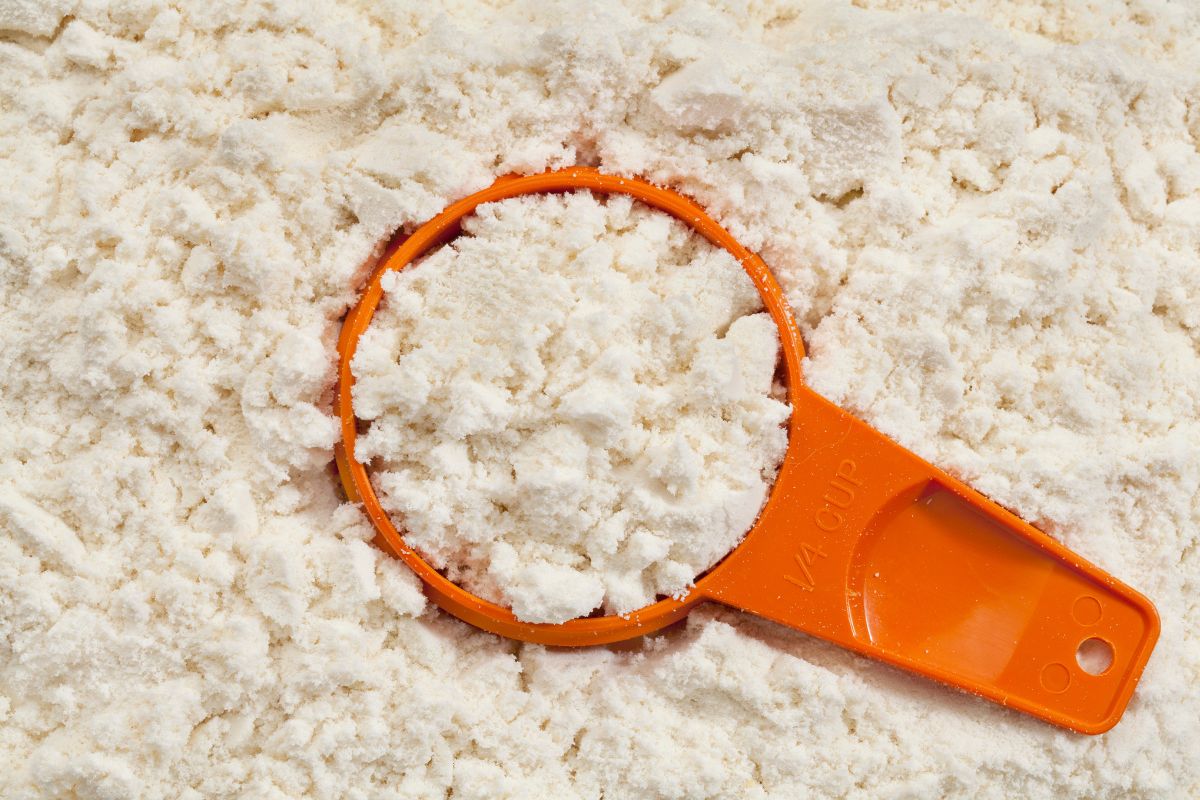
Is whey protein sustainable?
Yes, whey protein is *pretty* sustainable because it's made from the byproduct of cheese making meaning less product is thrown out. The caveat here is that if the cheese-making comes from milk from industrial farms that don’t practice regenerative techniques then the whey protein is not sustainable. The best bet is to try to research the company to find out what they value when sourcing whey.
Different types of whey protein
Whey protein comes in three primary types, they are:
- Whey protein concentrate: This is the least processed form of whey and can range from 30% protein to 90%
- Whey protein isolate: This whey goes through a second step of processing to remove more lactose. This type is generally 90% protein.
- Whey protein hydrolysate: As the most processed form of whey protein, it undergoes hydrolysis which makes it the most easily digestible and absorbed by the body
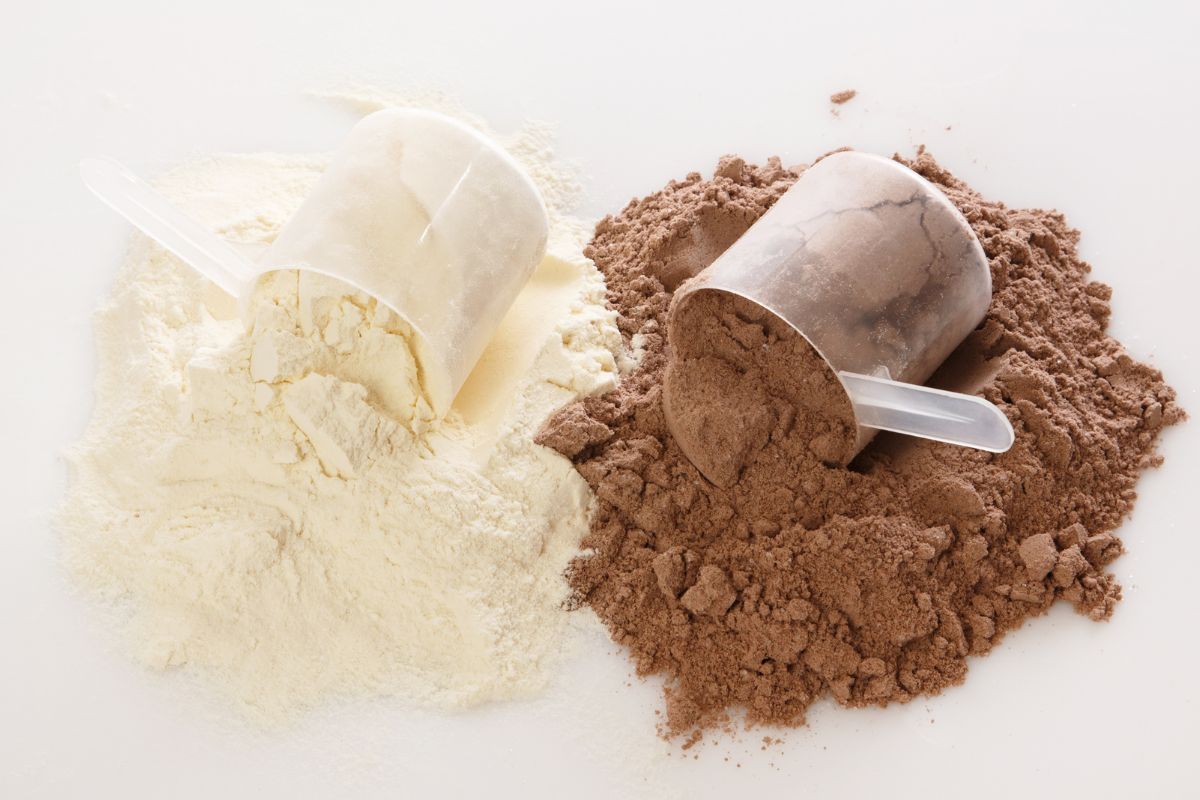
Nutrition Information
Whey protein typically contains around 20 grams of protein per serving. It’s absorbed easily but can take a body 1.5 hours to digest. Research has shown however that consuming digestive enzymes with whey protein can increase the absorption rate.
As mentioned, whey protein contains all 9 essential amino acids and contains 20 total amino acids (histidine, isoleucine, and leucine to name a few). When ingested after strength training, it can stimulate protein synthesis thus assisting in building muscle and muscle growth.
Whey protein is regulated by the FDA and there are hundreds of studies on its effects. To summarize, it can be a good way to increase your protein intake but the amino acids in whey can be found in many other meats. That being said, adding whey to your diet should be thought of as a way to add more protein overall, not necessarily improve your health directly.
Uses for whey protein
Whey protein can be used in many different ways. The most common is to mix it with water or milk to make a protein shake. Because it comes from milk, it makes for a very creamy texture that is almost frothy.
It also can be used in baked goods, smoothies, yogurt, oatmeal, and anything else it can be mixed into. It’s not the best option for savory dishes.
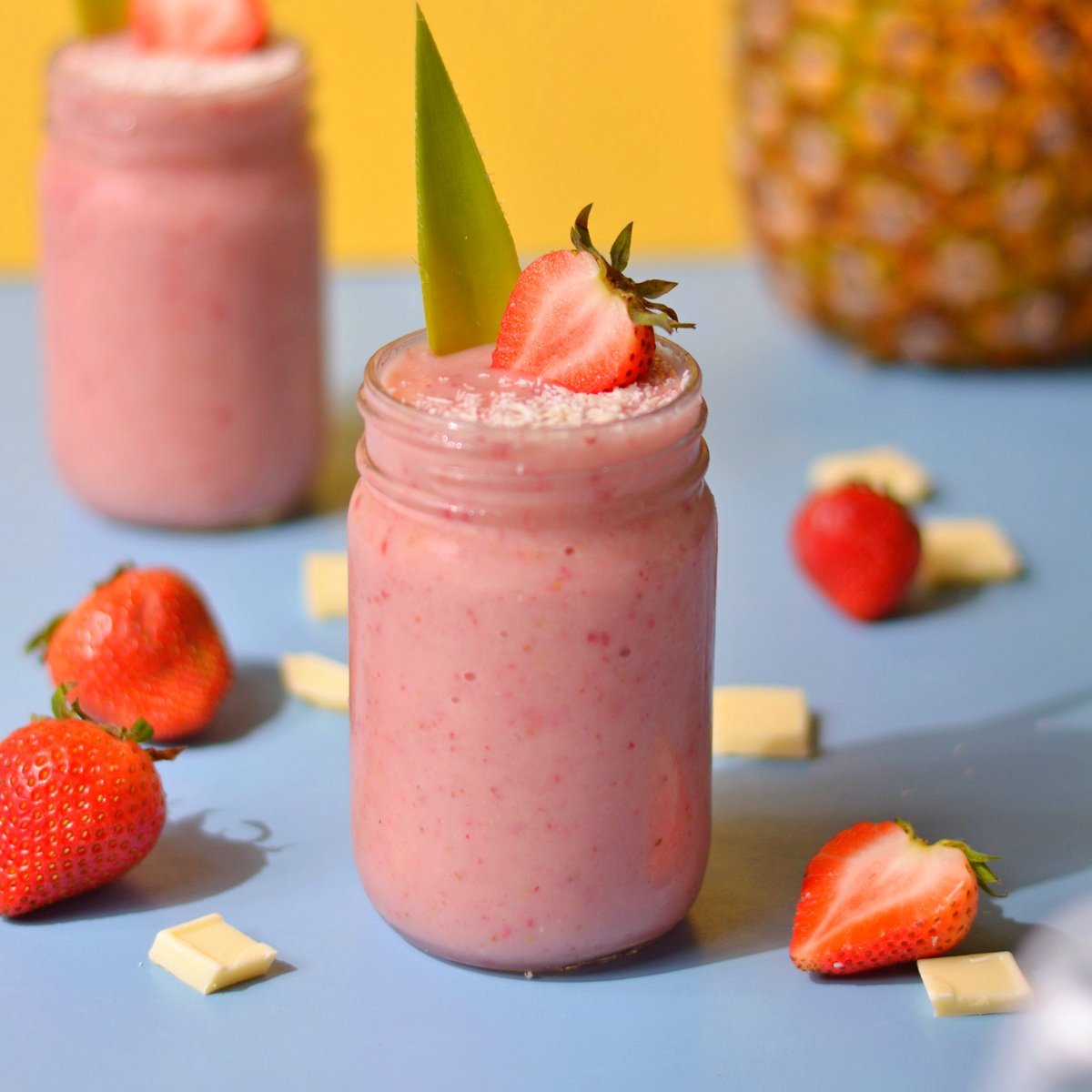
Can you bake and cook with whey?
Yes, you can bake with whey but I don’t recommend cooking with it. When baking with whey protein, it can replace up to ¼th of the flour in most baked goods. I say most because it’s high protein content will make fluffy baked goods like cakes and pastries rubbery without the right recipe.
Whey protein powder dissolves easily in liquid, unlike flour. This means that when replacing some of the flour with whey protein, you will either need to increase the flour amount overall or use less liquid (like milk or water) to create a good batter or dough.
In my testing, I’ve found protein powder is best for baked goods like bars, brownies, muffins, pancakes, and energy balls.
Recipes using whey protein
In summary
To conclude, collagen peptides and whey protein both offer a significant amount of protein and have all 9 essential amino acids. Collagen peptides sometimes have a little bit less protein but because it is the glue that holds the body together, the benefits of collagen go beyond just being a source of protein.
Collagen peptides are not regulated by the FDA and the research on taking the supplement is still limited. Whey protein is well-researched and regulated but the benefits of it can also be found in meat. Both can be used in baking with a few tricks and tweaks but collagen can also be used in cooking.
We hope you found what you were looking for in this full guide to collagen peptides vs whey protein!



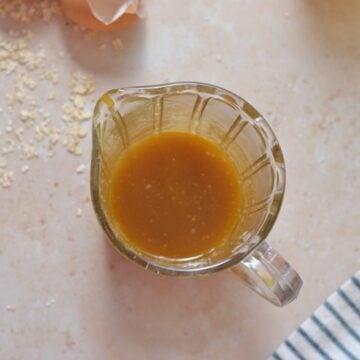
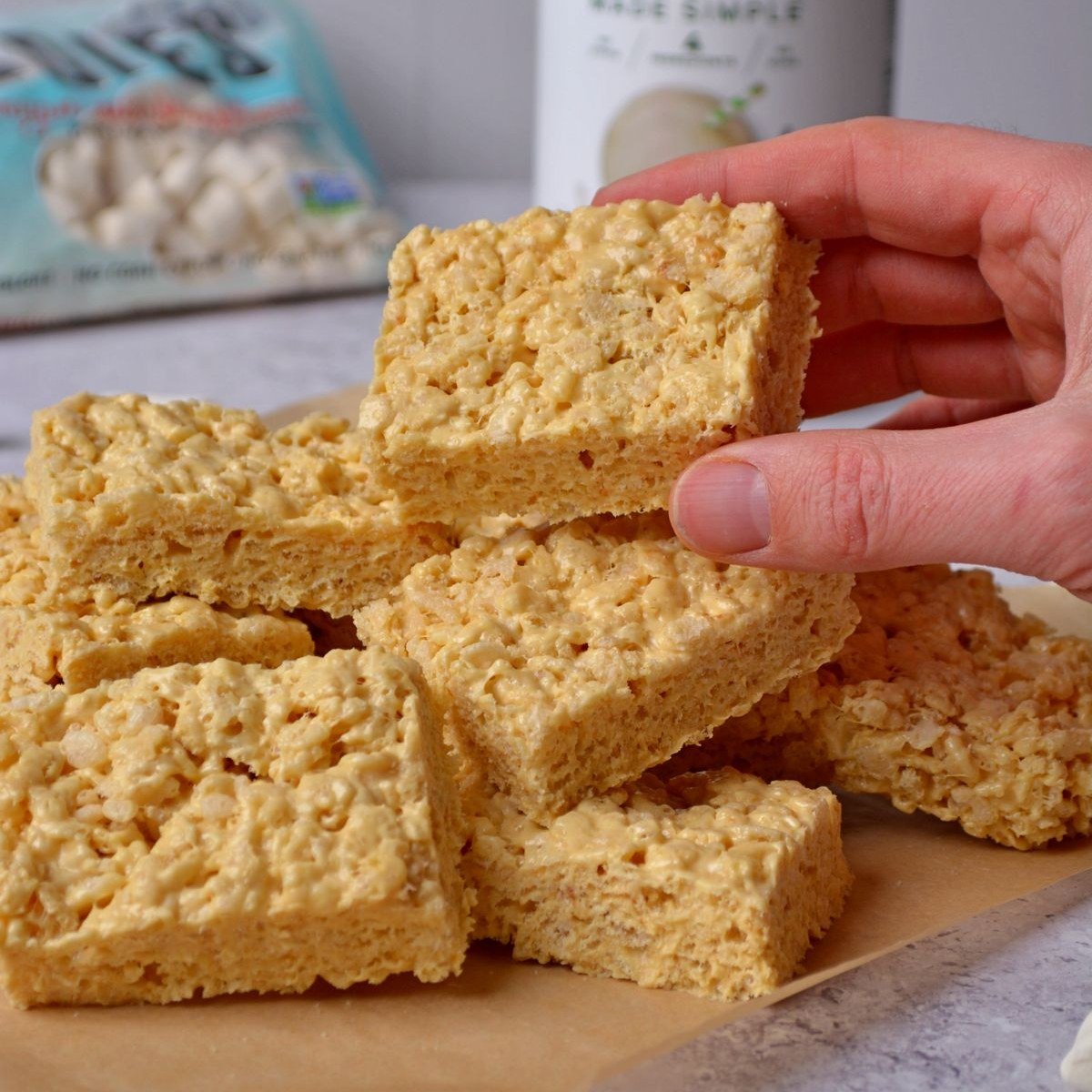
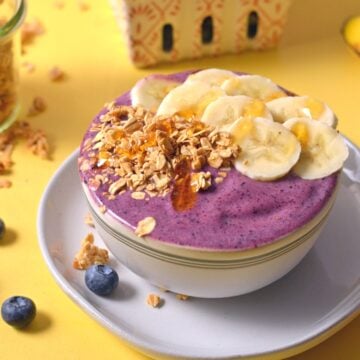
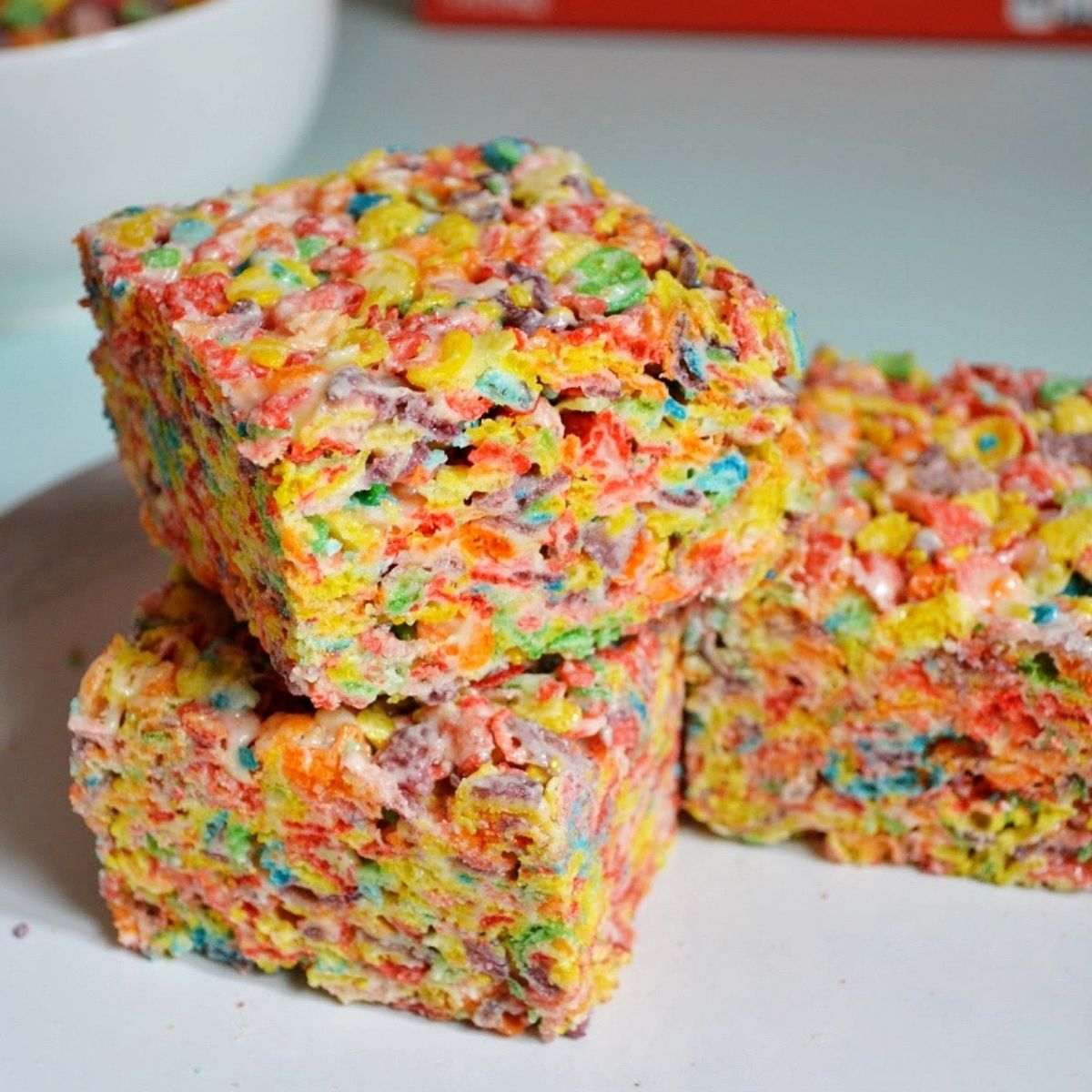
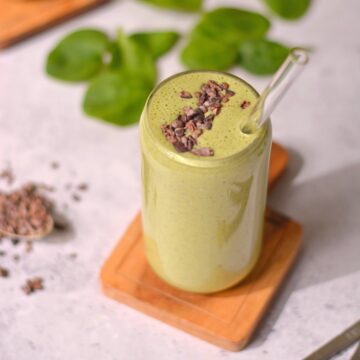



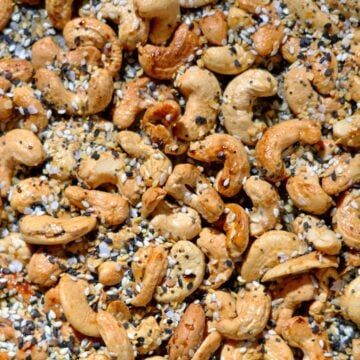

drop us a note!